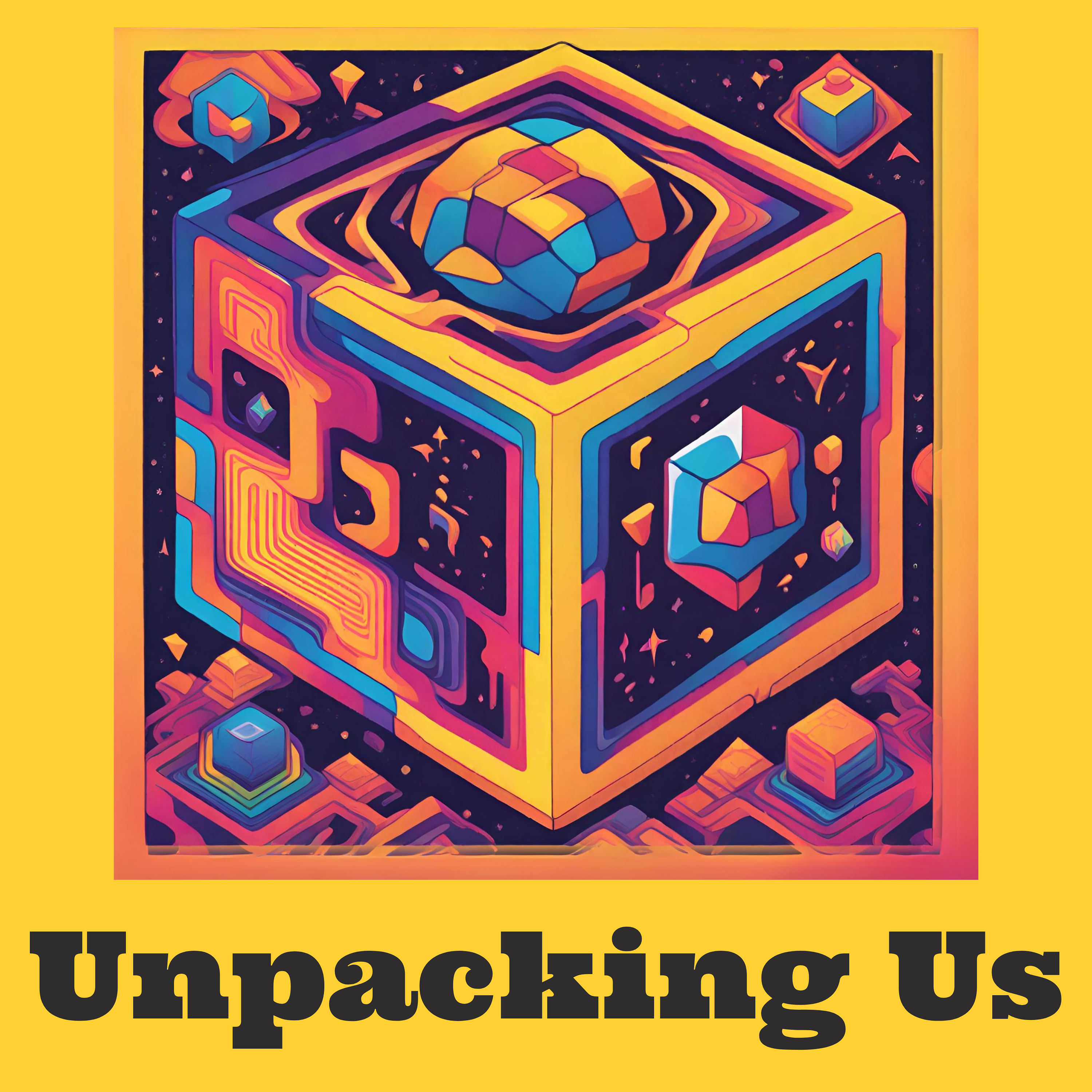How Do We Recover From the Worst Floods in Pakistan's History?
Description
Tahir Andrabi unpacks the stages of disaster recovery that Pakistan will go through. We use his experience working on the 2005 earthquakes to think through what an effective flood relief and rehabilitation effort will look like. We talk about what the long-term effects might be on livelihoods and on health and education outcomes, and the interventions that can help minimize these effects.
Tahir is the Stedman-Sumner Professor of Economics at Pomona College. He was the inaugeral Dean of the LUMS School of Education, and a co-founder of the Center for Economic Research in Pakistan. It's his research on education that has achieved the most prominence, but the reason I'm talking to him for this episode is his work on disaster recovery in the aftermath of the 2005 earthquake in Pakistan.
Some links to what we talked about:
An archived version of RISE-PAK, the information aggregation portal developed by Tahir and his collaborators to aid recovery efforts following the 2005 earthquake. Tahir's paper (with Benjamin Daniels and Jishnu Das) on the effects of the 2005 earthquake on income, education, and health outcomes. Floods Impact Assessment by Uzair Younis and Ammar Khan, the source for the $13B damage estimate we discussed. Abida Parveen's rendition of Ghalib's "Yeh Na Thi Hamari Qismat", from which Tahir quotes a couplet to illustrate Pakistan's climate crisis.
More Episodes
Machine learning algorithms are increasingly being used to make highly consequential decisions for citizens of the Global South. I talk to Genevieve Smith about how algorithmic decision making in the realm of financial inclusion can lead to inequitable outcomes along gender lines, how that...
Published 07/21/24
Published 07/21/24
With all the buzz surrounding AI, we're missing an understanding of how recent AI advancements affect those in the global South. I talk to Rida Qadri about ways in which generative AI fails to represent those in the Global South, what the implications of these failures are, and what's needed to...
Published 11/22/23


